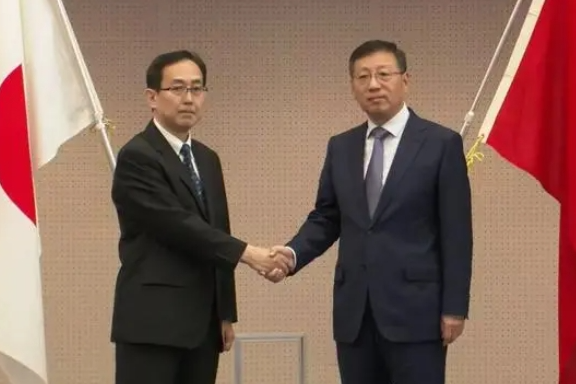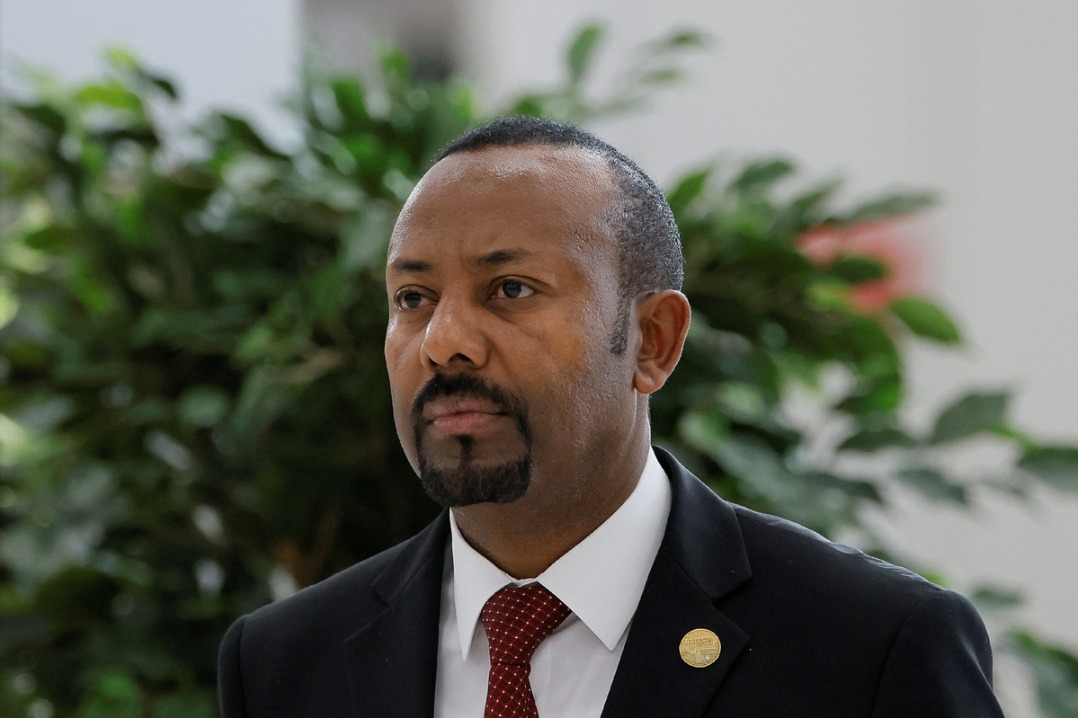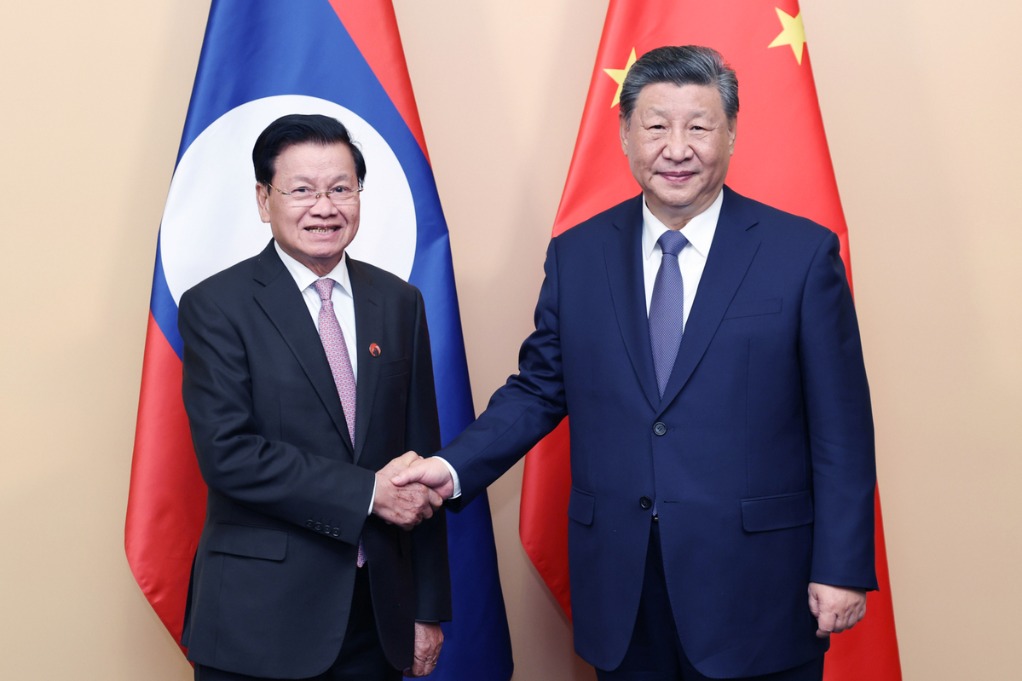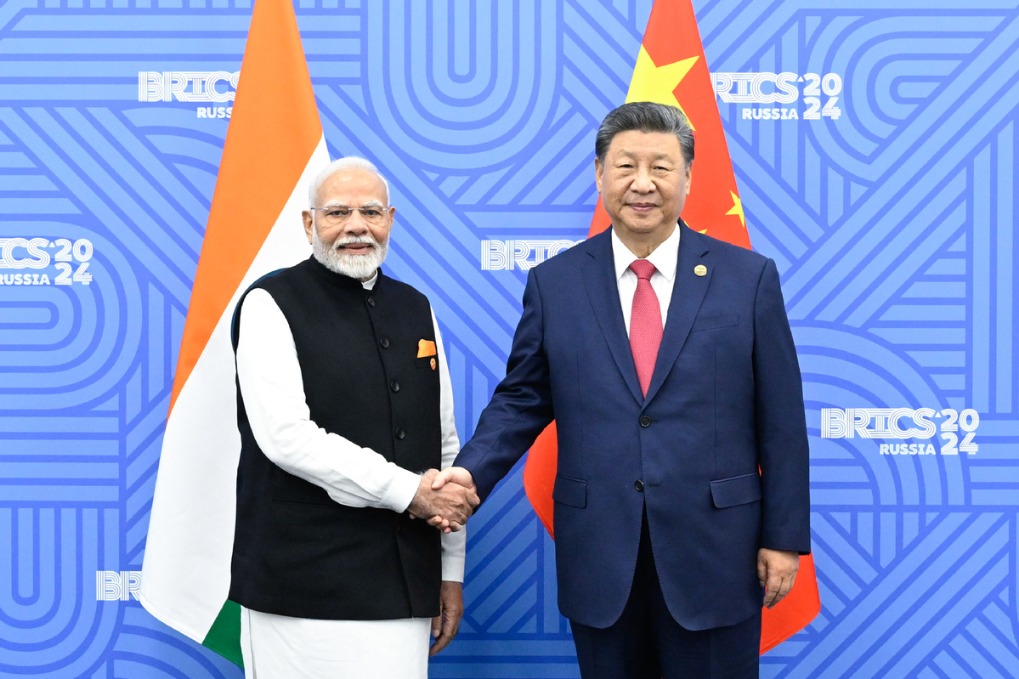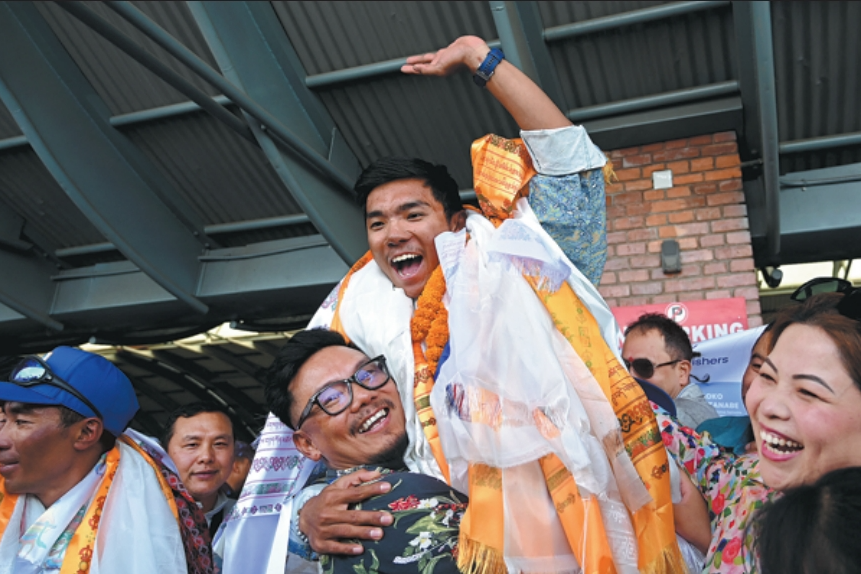China, Japan seen as key in era favoring collaboration

In increasingly uncertain times and with pressure for countries to choose sides, everyone should work to implement a new international order based on international coordination and existing rules, experts say, referring in particular to relationships between China and Japan and between China and the United States.
This is all the more important considering the economic and social disruption that the COVID-19 pandemic has caused, said Cheng Yonghua, a former Chinese ambassador to Japan from 2010 to 2019.
Relations between China and Japan also need to keep pace with the times and develop in a new way, Cheng said.
"Although they have gone through hard times, Sino-Japanese relations have overcome difficulties and been back on track with the strategic guidance of the leaders of both countries," Cheng said. "Now the two sides are moving in the right direction to promote the construction of the friendship that meets the requirements of the new era."
Policies of the incoming US administration of President-elect Joe Biden and his team are among the most important factors that will affect Sino-Japanese relations, Cheng said.
Yoriko Kawaguchi, a fellow at the Musashino Institute for Global Affairs, agreed and said the existing international order faces huge challenges that require people to work out how that order develops.
"Looking at things realistically, it is hard to say that the tension between China and the US will not continue to expand and become an obstacle that hinders our pursuit of peace."
So as China and the US look to resolve their differences, Japan could act as a mediator, said Kawaguchi, who also served as minister for foreign affairs from 2002 to 2004.
"There is a security treaty between Japan and the US. And China is Japan's important neighbor, having had diplomatic relations with Japan since the second century," she said.
"If the US-China relationship doesn't develop smoothly it will definitely have an impact on Japan-China relations. In this sense, we also look forward to improved US-China relations because it will also affect the international order."
However, Kawaguchi said Japan and China also have their differences.
"Why is there a gap? The difference among our values is one of the reasons. But, on the other hand, we can't say that there's no room to cooperate with such differences."
Rules need to be formulated that both parties, or all countries, can agree with, Kawaguchi said.
"We must then follow the rules to find a new international order. It requires many countries, including China, Japan and the US, to work together to create a new order for the future, and maintain this order."
Yasuo Fukuda, head of the Cultural Exchange Institution for an Asian Community and a former Japanese prime minister, suggested more dialogue to reduce distrust.
"Only by calmly talking with each other can we reduce the sense of distrust. We should listen to other opinions, reflect more on ourselves and have self-control," Fukuda said.
Yao Yunzhu, a retired major general of the People's Liberation Army, said changes in China-Japan and China-US relations should have their own "independent internal connections", and the internal logic depends on "our own judgment of long-term interests".
















